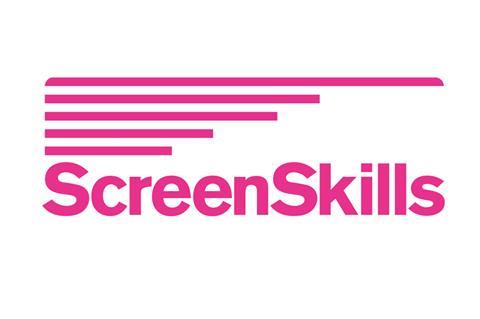
UK film and television training body ScreenSkills has launched a programme to match experienced Black, Asian or minority ethnic professionals with upcoming film productions.
Film Forward will help upcoming productions extend their network of BAME talent, matching professionals who have at least five years of experience in below-the-line roles with paid opportunities, including professional coaching.
It will launch with up to six individuals matched with productions crewing up in early 2021. Writers and roles in development will not be included in the launch recruitment round.
The aim is for successful candidates to gain practical experience in their chosen department, working alongside a more senior colleague so they have direct experience of the challenges of the senior role and can apply for future positions at that level with greater confidence.
Participating productions will receive support including a subsidy towards a placement allowance for the Film Forward candidate. The programme is intended to extend the network of talent known to those with hiring responsibilities on the production.
Discussions are already under way with productions keen to take part in the match-making process. ScreenSkills is seeking additional opportunities from upcoming productions who are keen to commit to the principles of the initiative and extend the network of industry professionals with which they work.
Gareth Ellis-Unwin, ScreenSkills’ head of film and animation, said the initiative had been designed to “unblock some barriers to mid-career progression for professionals currently under-represented in it”.
“We understand there are often time and budgetary pressures on productions that may lead them to stick with hiring the people they know, so in direct response to requests from industry, we will make it easier for them to extend their networks to a greater diversity of talent.”
The programme, which has received backing from filmmaker Amma Asante and British Blacklist founder Akua Gyamfi, is intended to run annually with the number of people from different under-represented groups increased with each intake.







![The Brightest SunScreen[Courtesy HKIFF]](https://d1nslcd7m2225b.cloudfront.net/Pictures/274x183/3/5/0/1448350_thebrightestsunscreencourtesyhkiff_312678.jpg)

















No comments yet